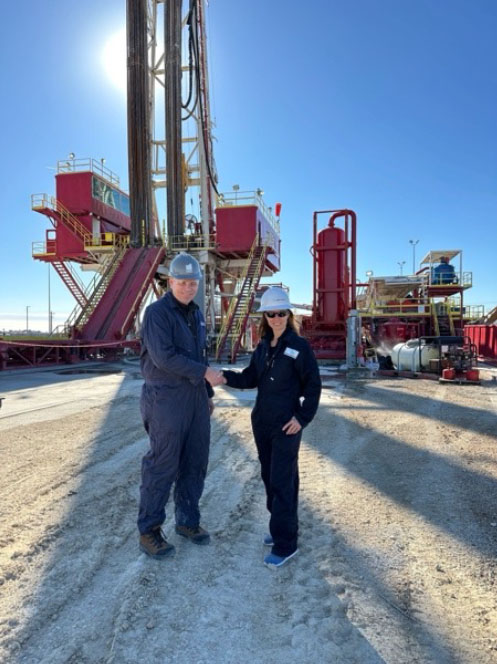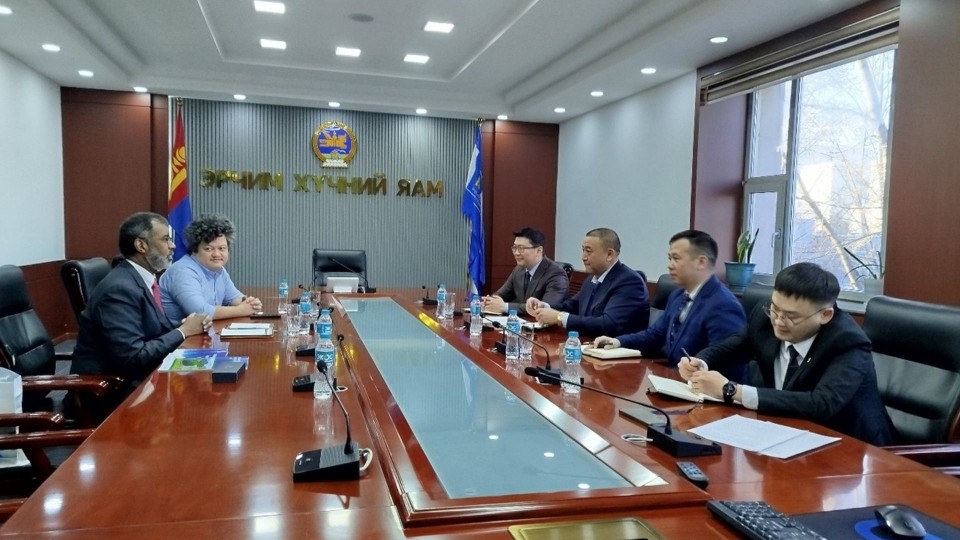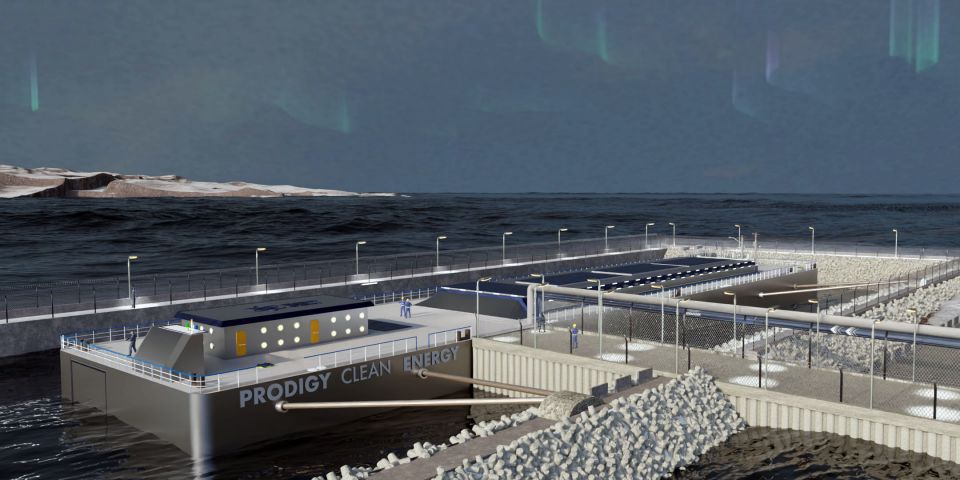eVinci micro reactor core, (Illustration: Westinghouse)
A recently completed feasibility study by Westinghouse Electric Company and Bruce Power concludes that the eVinci microreactor is capable of providing cost-competitive clean energy to decentralized, off-grid markets in Canada.
The study focuses on key market opportunities, including remote communities and industrial mines, and identifies benefits the Westinghouse technology might provide in support of the Canadian government’s decarbonization goals.
According to the study—a 12-page executive summary of which is available here—a single eVinci microreactor is expected to be between 14 percent and 44 percent more economic than a diesel generator, depending on the price of diesel fuel and the price for carbon.
What they’re saying: “The Canadian government established a small modular reactor road map, setting out the opportunity for nuclear energy to support the country’s decarbonization goals in remote, off-grid communities,” stated Mike Shaqqo, senior vice president for the advanced reactors program at Westinghouse. “The feasibility study shows that the unique features and advantages of the eVinci microreactor make it the right solution, including a small footprint, mobility, flexibility, lifespan, and cost.”
Heather Kleb, director of next-generation nuclear technology at Bruce Power, said, “The nuclear industry is a leader in addressing global challenges, and Bruce Power is committed to decarbonizing our economy and helping Canada achieve net-zero emissions by 2050. Nuclear energy is a clean, reliable source of baseload power, and the industry is evolving further with new technologies, such as the eVinci microreactor, that will expand its clean energy impact.”




.svg.png)
.jpg)


